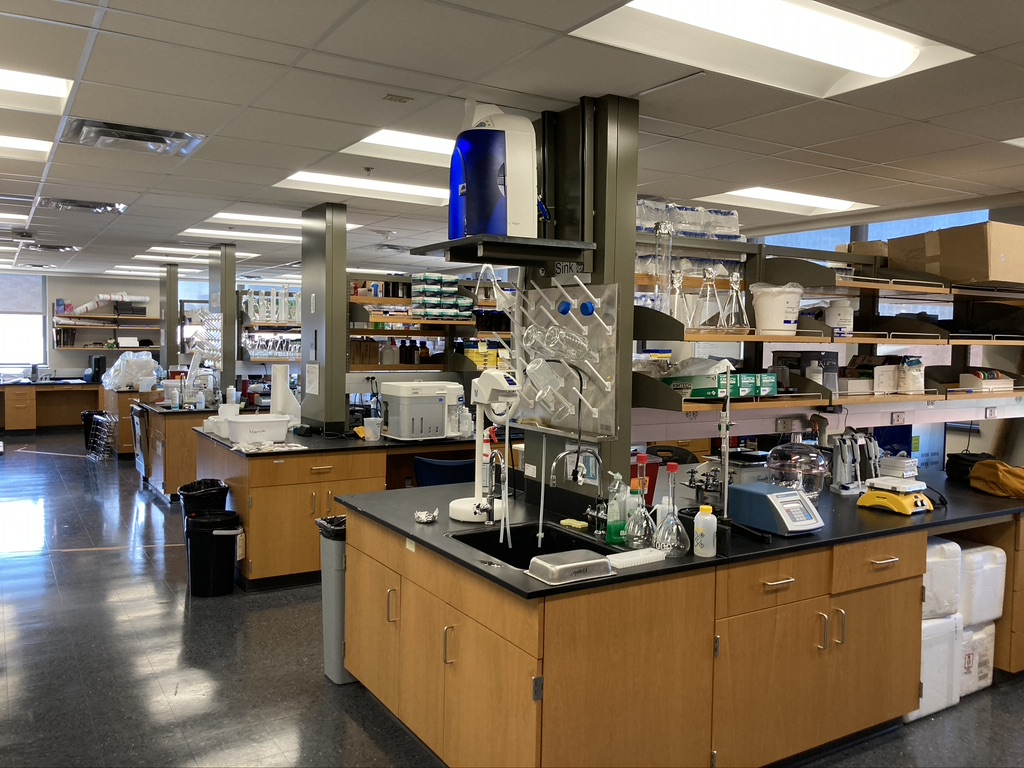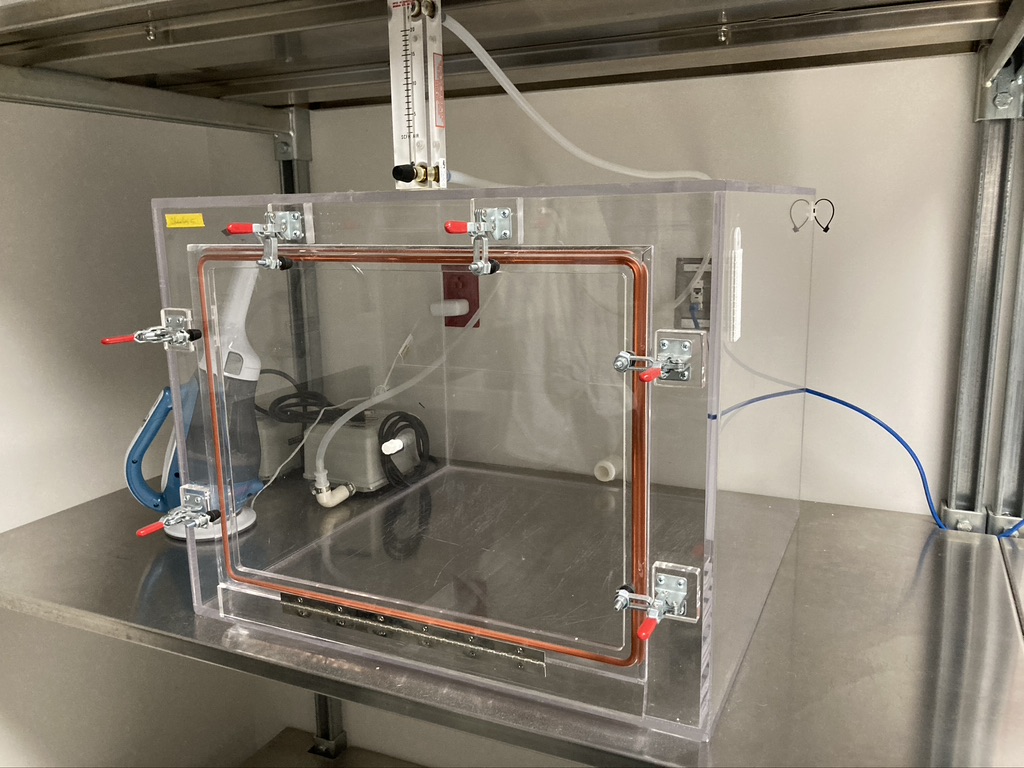Welcome to the Natividad Lab!
The Natividad laboratory is interested in high-throughput analyses of the neuroproteome to gain insight into the mechanisms of drug and alcohol addiction. Current projects utilize mass spectrometry and in-vivo neuropharmacology to bridge the connection between small molecule/protein signaling in the brain and behavioral dysfunction.

Drug addiction is a chronic relapsing disorder characterized by compulsive drug-seeking, the loss of control in limiting drug intake and the emergence of negative emotional states during drug abstinence. The transition from casual use to dependence is mediated by changes in multiple interconnected brain systems involved in the processing of reward, stress, hormonal regulation and cognitive function. Collectively, these molecular changes drive synaptic plasticity and alter connectivity between these brain regions, thus influencing a multitude of maladaptive behaviors that have come to characterize substance use disorders.
Recent work provides strong evidence that addiction-related behaviors emerge from the convergence of many subtle changes in molecular signaling networks that include neuropeptides (neuropeptidome), protein-protein interactions (interactome) and post-translational modifications such as protein phosphorylation (phosphoproteome). Advancements in mass spectrometry methodology are well positioned to identify these novel molecular underpinnings of addiction and further translate these findings into druggable targets for therapeutic development.







